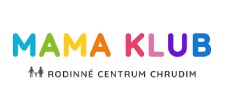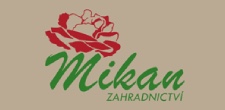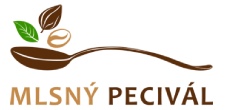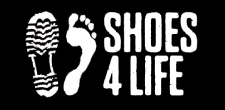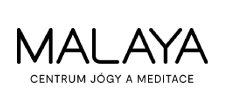About us
Empower Bolga
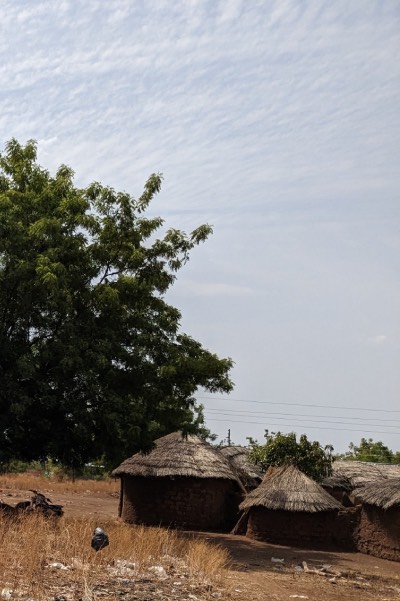
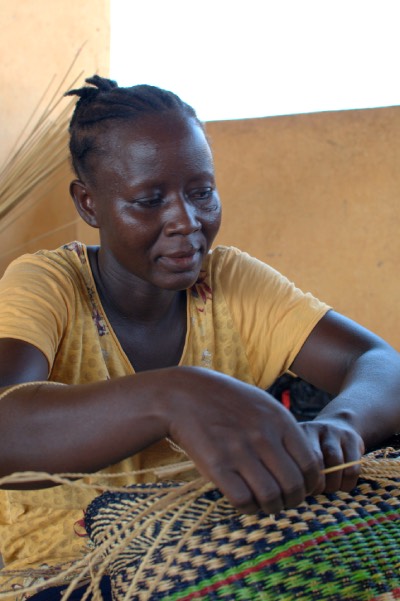
Word of the founder
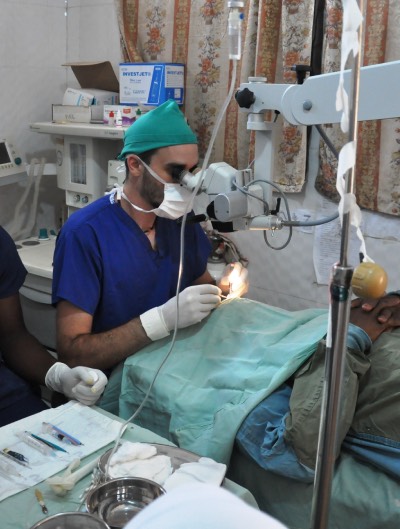 I remember well the time that shaped my motivations for studying medicine in the 1990s. One of these was certainly the inspiration by the story of the German physician, Nobel Peace Prize winner (1952) Albert Schweitzer, whose work in sub-Saharan Africa is still widely known today.
I remember well the time that shaped my motivations for studying medicine in the 1990s. One of these was certainly the inspiration by the story of the German physician, Nobel Peace Prize winner (1952) Albert Schweitzer, whose work in sub-Saharan Africa is still widely known today.
After completing my medical studies and certification in ophthalmology, I started looking for opportunities where I could work in Africa. I went on my first “mission” in 2013 to Itiba, Kenya. It is a unique Czech-Kenyan project of a medical doctor Aleš Bárta (www.itibo.cz). A year later, I went to India for a month, where I learned how to operate on cataracts using a simple and cheap method that does not require any complicated equipment and is widely used in poor countries, especially on the African continent. This was followed by missions where I was able to use my full potential in the field of eye surgery. Since 2016, I have been going on regular missions to Tamale, a town in northern Ghana, to an eye clinic run by Dr Judith Simon. Together we then made trips with all the eye equipment even to remote areas. In the fall of 2020, I then worked for the first time in the eye clinic of Dr. Piet Noë in Kigali, Rwanda. We then moved to Rwanda with my entire family for a year in 2022. From September 2023, I will be working mainly in the Czech Republic again.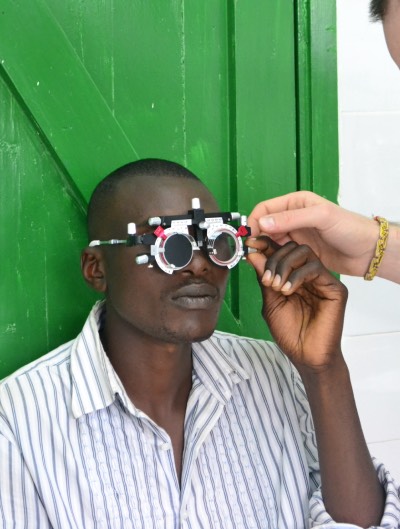
Sub-Saharan Africa is in many ways quite different from the “Western” world. The living conditions, the cultures and life settings are also poles apart from what we are used to. Time passes at a different pace here. Value rankings are different. The pervasive poverty and misery make one ask questions… One of them is certainly “could there be any effective way to help people living in these conditions?” The answer is far from simple. And in my experience, I have repeatedly seen that some forms of assistance offered by the “Western” world can be very ineffective, if not counterproductive. Even some of my own initiatives in this regard I have to retrospectively assess as dead ends. Apart from medical work, I also try to support local artists and craftspeople on work trips by buying their mainly handmade products (souvenirs etc.) And this is where the idea of this project was born. The fate of most African artefacts, art objects, etc. in Europe was usually not very good, they were dusty on shelves and walls and often ended up in boxes in the basement or attic. With some exceptions… These included specially handmade baskets and bags from Bolgatanga. They always disappeared quickly from house, whether enjoyed by teenagers or the older generation. I realised that this might be the way to some effective collaboration that would be mutually beneficial. Here in Europe, we could buy a product that we like, a practical one, useful (no dust on it) and at the same time, we could give local people in Africa a job, a well-paid job by local standards, that could lift them out of poverty.
It was a long way from the idea to the final form of the project. However, in the course of 2023, the project was successfully implemented and as a result, among other things, you can now buy a Bolgatanga bag from us. Moreover, you can feel good that, in addition to having a practical item at home, you are contributing to raising the standard of living of people who would otherwise be teetering on the edge of absolute poverty. And that’s no small feat! Moreover, these people are not just an anonymous group.
From the very beginning, we have put great emphasis on efficiency and transparency in our project. In order to make it all work, it is absolutely essential to have a person on the ground to coordinate all the activities. Fortunately, there is Abdullah, with whom I have had a friendship since 2016, when I was in Ghana for the first time. Abdullah has lived in Europe for 8 years and knows very well what responsibility, reliability and flexibility mean, without which no good project could work. Abdullah has put together a group of knitters in Bolgatanga who are able to hand make very high-quality baskets and at the same time, be very flexible to the wishes and special requirements of European “customers”. Currently this group, especially the knitters, numbers about 15 people, whom we had the opportunity to meet in person on our trip to Bolgatanga. We heard their stories, had the opportunity to talk to each of them personally. We know that the money they receive from us supports their extended families and pays for their children school books and supplies, health insurance, and much more, in addition to basic living expenses.
MUDr. Jiří Blažek


